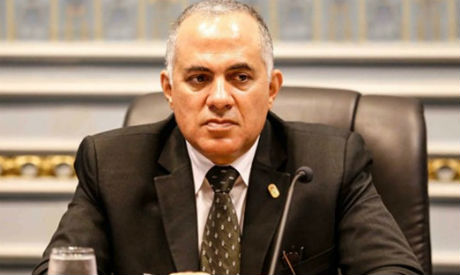PBS: Escaping Eritrea … [Read More...] about ካብ ውሽጢ ቤት ማእሰርታት ኤርትራ
Nile Basin ministerial committee concludes meetings in Khartoum
Ahram Online | Tuesday 14 Mar 2017
A committee of water ministers and officials from six Nile Basin countries concluded meetings in Khartoum on Monday, with Egyptian concerns around water share due to be discussed later this month in Uganda, Egyptian state news agency MENA said.

The meetings, which began earlier this week, included “long discussions wherein Egypt presented all its concerns regarding the Nile Basin Initiative and the Entebbe agreement,” Egypt’s water resources minister Mohamed Abdel Ati was quoted by MENA as saying.
The Entebbe agreement, more commonly known in English as the Cooperative Framework Agreement, has been signed by six Nile Basin countries: Burundi, Ethiopia, Kenya, Rwanda, Tanzania, and Uganda.
Egypt and Sudan have declined to sign the treaty, which sets out principles and obligations of member states in regard to the use of Nile Basin water resources, citing concerns about its reallocation of Nile water quotas as well as other provisions.
Historic water-sharing pacts between Egypt and Sudan divide the Nile waters between the two countries.
The Egyptian minister said that a meeting scheduled to take place later in March in Uganda by the council of ministries of the Nile Basin countries is planned to discuss the results of the Khartoum meetings and Egypt’s concerns as well as look at “solutions and alternatives that… guarantee collective benefit and prevent harm,” the minister added.
The meetings were attended by water ministers of Uganda, Sudan, Egypt, Rawanda as well as representatives from Kenya and Ethiopia.
The Nile Basin Initiative has ten permanent members — Burundi, Democratic Republic of Congo, Egypt, Ethiopia, Kenya, Rwanda, Sudan, South Sudan, Tanzania, and Uganda. Eritrea has observer status.
The under-construction Grand Ethiopian Dam, which when complete will be Africa’s biggest hydroelectric dam, has been a source of concern for Egypt in recent years, with some experts arguing that filling and operating the dam will reduce the water that flows downstream to Egypt.
